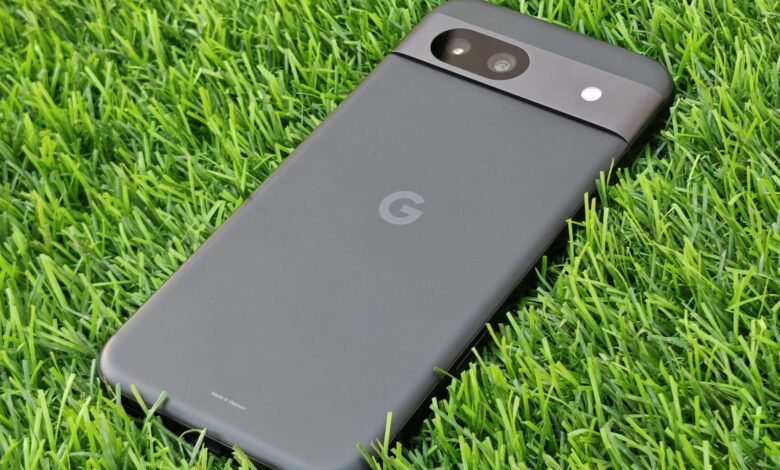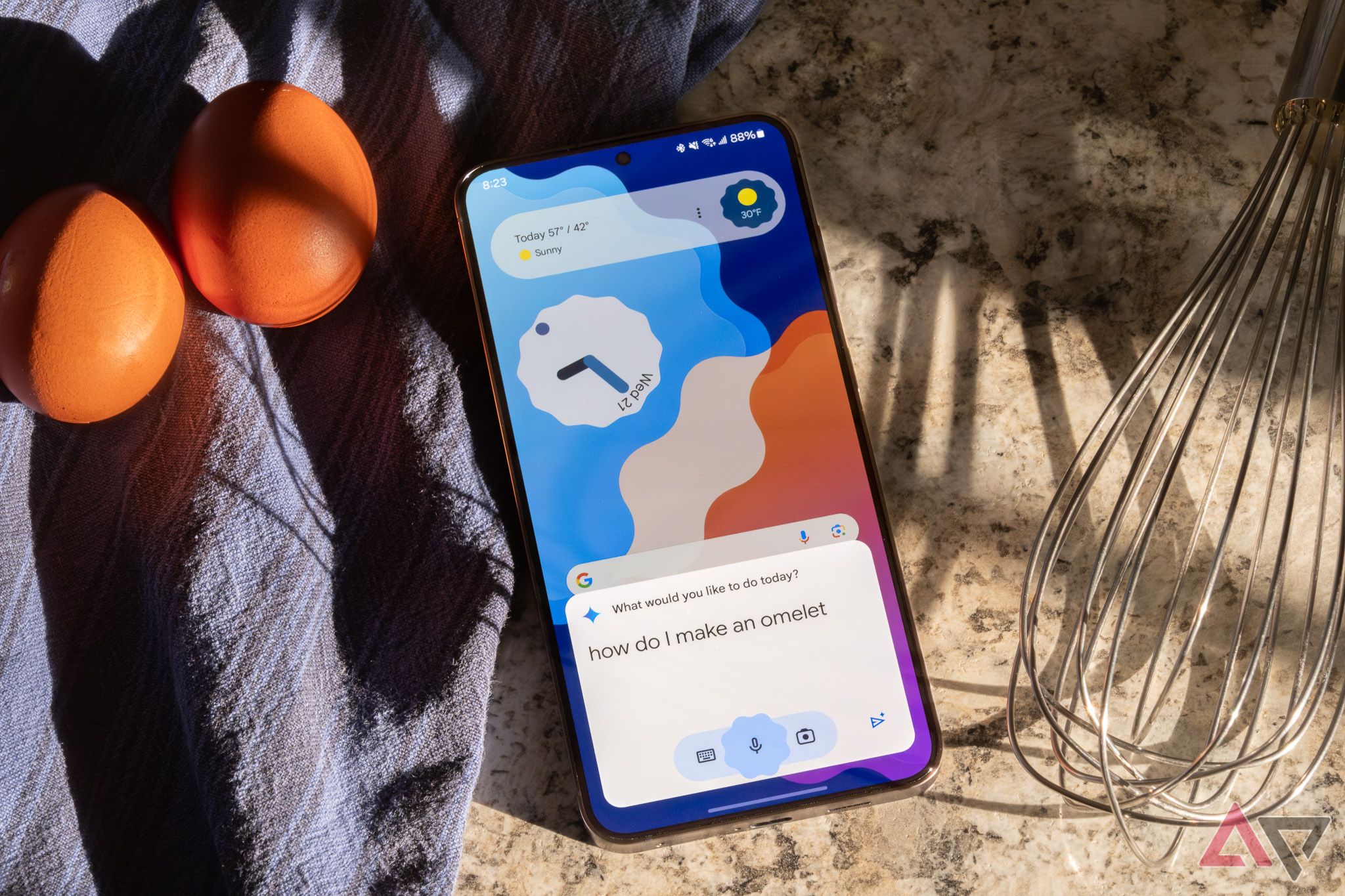I spent a week with the Pixel 8a and this is what I love and hate

It’s been nearly a month since Google officially unveiled the Pixel 8a. Unlike the Pixel 7a launch, which was accompanied by several other Pixel products and sneak peeks at the 2023 I/O conference, the Pixel 8a launch was quite low-key. Google announced the Pixel 8a a week before its I/O 2024 conference on May 7, 2024, and the launch was, in fact, I’d argue, overshadowed by Google’s extensive lineup of AI announcements just one week later. Nearly a month after its launch, I’ve had the chance to test the Pixel 8a thoroughly, and here’s what I love and hate about it after using it for over a week.

Related
Google Pixel 8a review: A great phone that I’m not sure you should buy
Google’s hardware lineup is in a tricky spot, and the Pixel 8a only makes things more confusing
We need XL models in the Pixel A-series
A bigger display is what Pixel 8a needs
Let me set some context here — I’ve been using an iPhone 14 Pro Max and an Honor Magic 6 Pro for most of this year. Both phones are big and hard to use with one hand, and this is something I realized the minute I took the Pixel 8a out of the box. The Pixel 8a is small compared to these devices. Although it is still bigger than the Samsung Galaxy S24, if you’re coming from devices made by OnePlus, Motorola, or even HMD, you’ll find the Pixel 8a noticeably smaller.
I love the display of the Pixel 8a. Google has improved the screen quality, and now that it offers a 120Hz refresh rate, it doesn’t feel like a downgrade compared to some flagship phones — even though you need to enable the 120Hz refresh rate in the settings, as it’s not on by default. However, to compete in this price segment, I believe Google should consider increasing the screen size for the A-series. Many budget and mid-range smartphones, like the OnePlus 12R, Nothing Phone 2a, and Moto G Power (2024), offer screens larger than 6.7 inches, which is something I want for my Pixel 8a.
While I’ve gotten used to the compact form factor of the Pixel 8a, I still find myself yearning for a larger display, especially while watching football and scrolling reels at night. And here’s where Google should take note: it either needs to increase the screen size of the Pixel A series or introduce XL models. The current A-series devices might be perfect for many, but for those of us who prefer larger screens, an XL variant would be a welcome addition. The Pixel 9 series is expected to bring back the “XL” model, and I hope the A series follows suit.

Related
Hey Google, why I should I buy the Pixel 8a?
The Pixel 8 is constantly discounted to similar prices
Using the Pixel 8a’s camera feels effortless
A dependable camera for daily use
Now, let’s talk about something I absolutely love about the Pixel 8a: its camera. The Pixel 8a’s camera is undoubtedly the star of the show. The Pixel 7a impressed us with its excellent camera last year, and the Pixel 8a follows suit. It still has the same setup as last year’s 7a with a 64MP primary sensor and a 13MP ultra-wide lens — and yes, it lacks a dedicated telephoto zoom lens, which we wish more phones had — but for everyday photos, the Pixel 8a is more than perfect.
Megapixels never tell the whole story, but as expected, the Pixel 8a captures vivid, detail-rich images during the day. When the computational photography algorithms kick in at night, the photos are just as good. The dynamic range is excellent, with accurate colors in any type of lighting — and you’ll hardly feel the camera lacking. More often than not, I found the Pixel 8a’s camera to outperform my iPhone, and the 8a, in fact, replaced my iPhone as my primary camera for the whole week.
The bottom line, as is with most Google Pixel devices these days, is that the Pixel 8a offers one of the best cameras you can buy at this price point. The entire imaging experience on the Pixel, from the camera app’s ease of use to taking photos and even editing with AI features, is just unmatched. If camera performance is your top priority, the Pixel 8a is as good as it gets at this price.
Google AI and Tensor
Some features impress, some feel unnecessary
With the recent Pixel lineup, Google has mirrored its approach with other services and AI, bombarding the Pixel 8 series phones with numerous AI-based features. The Pixel 8a is packed with AI in every part of the phone — from the Assistant to photos, messages, and even the audio recorder. What’s similar to the other devices in the Pixel 8 series is that the Pixel 8a runs on the same Tensor G3 chip. While I expected some lag, my Pixel 8a has performed smoothly so far. Apps open quickly, animations are smooth — arguably some of the best among Android devices — and the AI features work well.


But are they useful? Honestly, I’ve mainly used the AI wallpaper function and the Magic Editor in photos on my Pixel 8a. It’s great that Google includes the same set of AI features, like Audio Magic Eraser and Call Assist, as in the pricier Pixel 8 models, but I haven’t used them much. The Magic Editor does come in handy, though. The image above with the clouds and blue sky had a wire, which I removed using the Magic Editor.
One AI feature I found particularly useful is Circle to Search. I used it more than expected — to find shoes my favorite influencer was wearing, to learn about a football legend in my feed, and more. It’s like using Google Lens all the time, but the ability to hold down the home button and just ‘circle to search’ about an object is great.

While we’re on the topic of AI, one thing that I’m looking forward to test more is the on-device AI. Google is set to bring on-device Gemini Nano model to the Pixel 8a. This means that from a future update, most AI processing will happen on-device and offline, keeping your data away from the cloud.
However, the bottom line remains the same. The AI features are there if you want to use them, but for most people, they are not the main reason to buy this device. I found myself not using them that much during my week with the Pixel 8a, and I’d argue that these features are more like added bonuses to enjoy rather than primary reasons to choose the Pixel 8a.

Related
AI on Android isn’t worth buying into just yet
If you’re looking to buy a smartphone, today’s AI tools aren’t enough of a selling point
Where the Pixel 8a can improve
There are a few areas where the Pixel 8a falls short
The Pixel 8a is in no way a perfect device. Take the charging speed, for example. For years, Pixel’s competitors have provided faster charging speeds — and some at a far lower price tag than the 8a — yet Google still expects us to accept 18W charging on the Pixel 8a. It’s not acceptable! The Pixel 8a takes over an hour and a half to fully charge, which is absurd for a device that costs this much. Yes, the battery life is great and lasts all day, but the long charging time is a significant drawback.
There are also other small annoyances with the device. For one, I don’t like the speaker on the Pixel 8a. It’s not as loud as I’d expect for a device at this price, and it sounds muffled at full volume. Another issue is the screen bezel. I thought I’d get used to the bezels after a week, but I still notice them just as much as I did on the first day. This is disappointing, especially when devices like the OnePlus 12R, which costs roughly the same, offer much smaller bezels.
As I noted above, the Pixel 8a has room for improvement in several areas. However, where Google gets it right, like with the camera, it does so superbly.

Google Pixel 8a
The Google Pixel 8a has its pros and cons, but if you’re looking for a compact Android smartphone with a reliable camera, a host of new AI features, long-term update support, and a clean software experience, the Pixel 8a is for you.
Source link








